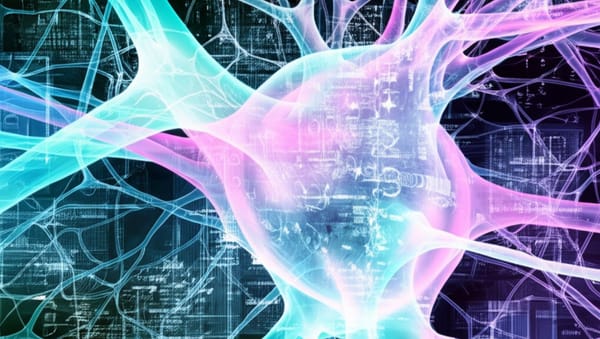DeepMind Founder Charts Path to "Science at Digital Speed" With Virtual Cell

"My dream one day is to create maybe a kind of virtual cell, a computational cell perhaps of something very simple like a yeast cell," revealed Demis Hassabis, highlighting how such a breakthrough could fundamentally transform biological research methodology.
End of Miles reports the Nobel laureate and DeepMind co-founder outlined this ambitious vision during a March 2025 lecture at Cambridge University, where he described how computational biology is entering an entirely new era powered by artificial intelligence.
From Protein Folding to Complete Cell Simulation
The vision builds on DeepMind's groundbreaking AlphaFold technology, which solved the decades-old protein folding problem. For Hassabis, this achievement represents just the beginning of what's possible with computational biology.
"I think of biology in its most fundamental level as an information processing system that's trying to resist entropy around it, and I think that's basically what life is," said Hassabis. "Of course, it's a phenomenally complex and emergent information processing system — and I think that's where AI comes in." Demis Hassabis, Nobel Prize winner in Chemistry
The DeepMind CEO drew a powerful parallel between mathematics and AI in their capacity to model complex systems: "Just like maths was the perfect description language for physics and physical phenomena, I think that AI is potentially the perfect description language for biology."
Transforming Research Methodology
What makes the virtual cell concept particularly revolutionary is how it could reshape laboratory research practices. Rather than conducting extensive physical experiments, researchers could first test their hypotheses in the digital realm.
"You can actually run experiments in silico on it, and the predictions that you get out of the virtual cell will actually inform your real-world experiments in the lab," he explained. "You can reduce down a lot of the search that's done in the wet lab and actually more use the wet lab for validation steps rather than the very expensive and slow search process." Hassabis during Cambridge lecture
Part of a Broader Vision for "Science at Digital Speed"
The computational biologist frames this vision within what he calls "science at digital speed" — a fundamental acceleration of the scientific discovery process through advanced AI systems.
This approach has already yielded dramatic results with AlphaFold, which the AI pioneer quantified as compressing what would have taken "a billion years of PhD time" into a single year of computational work.
"We're trying to progress that ourselves," the Oxford-educated researcher noted, explaining how DeepMind's spin-out company Isomorphic Labs is building on AlphaFold technology to reimagine drug discovery "from first principles with AI."
"Right now it takes an average of 10 years for a drug to be developed, and it's extraordinarily expensive. It costs billions and billions of dollars. So why can't we use these techniques to reduce that down from years to months, maybe even one day weeks — just like we reduced down the discovery of protein structures from potentially years down to now minutes and seconds?" Hassabis
When Might This Vision Become Reality?
While the Cambridge alumnus didn't provide a specific timeline for developing a full virtual cell simulation, his comments suggest this represents a mid-term goal for computational biology rather than a distant future aspiration. With DeepMind's track record of turning seemingly impossible challenges into reality, the research community has learned not to bet against Hassabis's ambitious visions.
As the Nobel Prize recipient puts it, "AlphaFold is a proof point... I hope when we look back in 10 years time, it won't be an isolated breakthrough but actually have heralded in this new era, golden era of digital biology."




